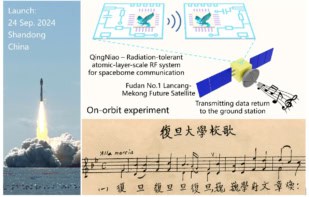John Bahcall, one of the world's leading astrophysicists, has died at the age of 70 from a rare blood disorder. Bahcall, who was based at the Institute for Advanced Study in Princeton, was best known for his theoretical work on solar neutrinos. He was also president elect of the American Physical Society and had served as president of the American Astronomical Society between 1990 and 1992.

In 1964 Bahcall and Ray Davis Jr of Brookhaven published back-to-back papers in Physical Review Letters that essentially defined what became known as the solar neutrino problem. In the decades that followed Davis consistently measured less than half the flux of solar neutrinos that had been predicted by Bahcall. Either Bahcall’s theory or Davis’ experiment was wrong, or possibly both, or else neutrinos behaved in unexpected ways.
It turned out that both Bahcall and Davis were right – the electron neutrinos produced by the Sun were oscillating into muon neutrinos that did not show up in Davis’ detector. In 2002 Davis and Masatoshi Koshiba of the University of Tokyo shared the Nobel Prize for their work on solar neutrinos. It was widely expected that Bahcall would share a subsequent prize for the discovery of neutrino oscillations.
Bahcall published almost 500 papers on a variety of topics in astrophysics including quasars, ultra-high-energy cosmic rays and the composition of the Sun. He was also a member of many committees and chaired the panel that produced an influential report that set the direction for astronomy and astrophysics research in the US in the 1990s.
Bahcall was born in Shreveport, Louisiana, in 1934 and attended the University of California at Berkeley, the University of Chicago and Harvard, where he received his PhD in 1961. After periods at Indiana University and Caltech he moved to the Institute for Advanced Study in 1968, where he spent the rest of his career. He was married to the astrophysicist Neta Bahcall and had three children.



